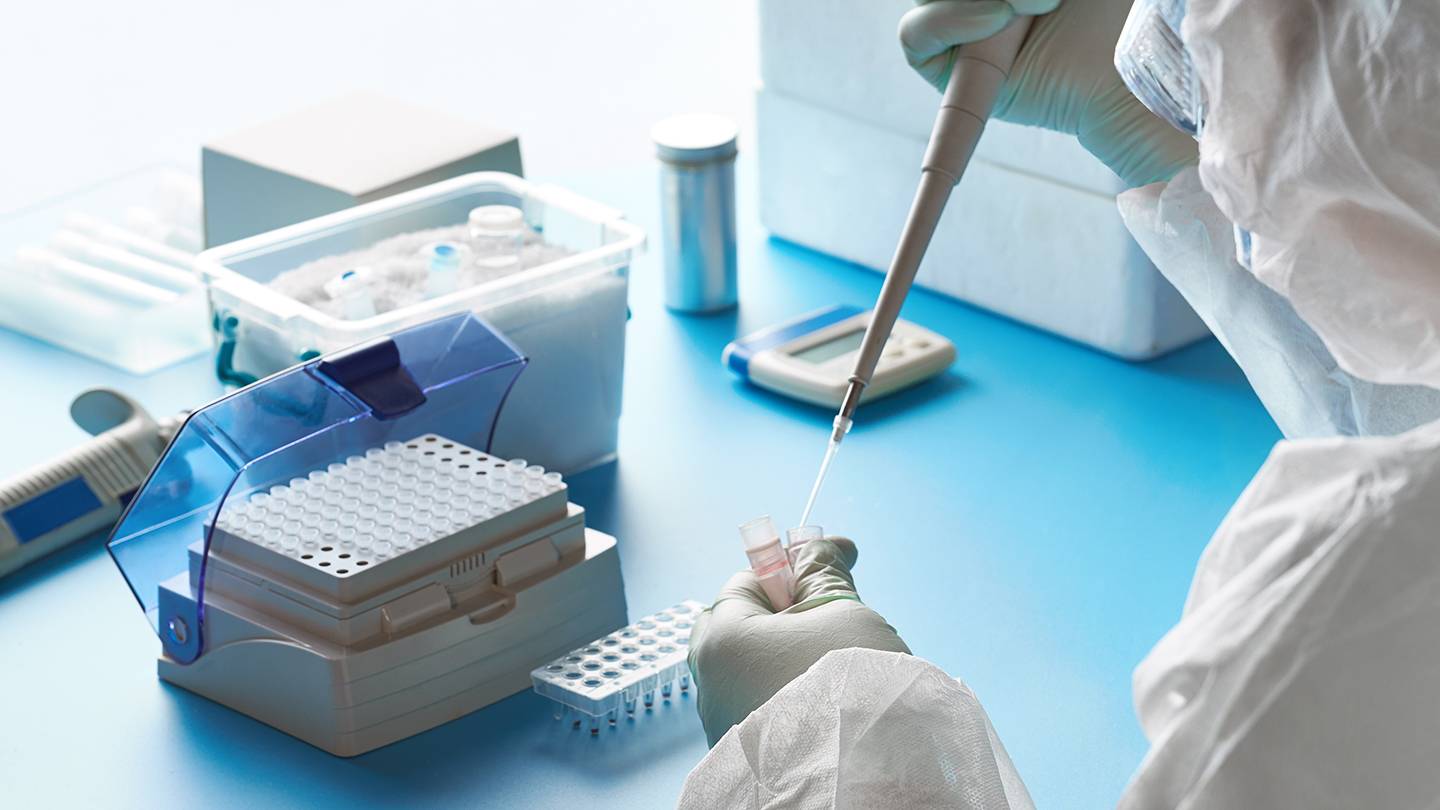- February 24, 2022
Covid-19 an Antibody Test
Antibodies are proteins that the immune system produces to fight viruses and other infections. They may also help prevent new infections from happening.
An antibody test is not able to detect the presence or the COVID-19 virus. False-positive results can be obtained or a negative result can be returned even in patients who have been infected. These tests should not be used for diagnosing if you have been infected, but to become aware of such a situation you should take up the Chicago immunoglobulin test

Image source: google
Understanding Antibody Test Results
What does an anti-positive test refer to?
If you have a positive SARS-2 antibody test result, it is likely that you have had COVID19 recently or previously. False positives are also possible.
What does an anti-negative test refer to?
Antigen test and antigen test are two types of covid19 testing. Your sample did not contain antibodies to SARS-CoV-2, which resulted in a negative SARS-CoV-2 antibody testing.
What does specificity and sensitivity mean in antibody testing?
Sensitivity is the ability of the test to detect individuals who are antibodies to SARS/CoV-2. This is also known as the true positive rate. The majority of antibodies are detected by a sensitive test, leaving only false negatives (false positives) to be missed.
What does predictive value in antibody testing mean?
Positive predictive value is the probability that patients with positive test results actually have antibodies. Positive predictive values for SARS/CoV-2 antibody testing are determined by the presence of SARS-2 antibodies in the population being tested.